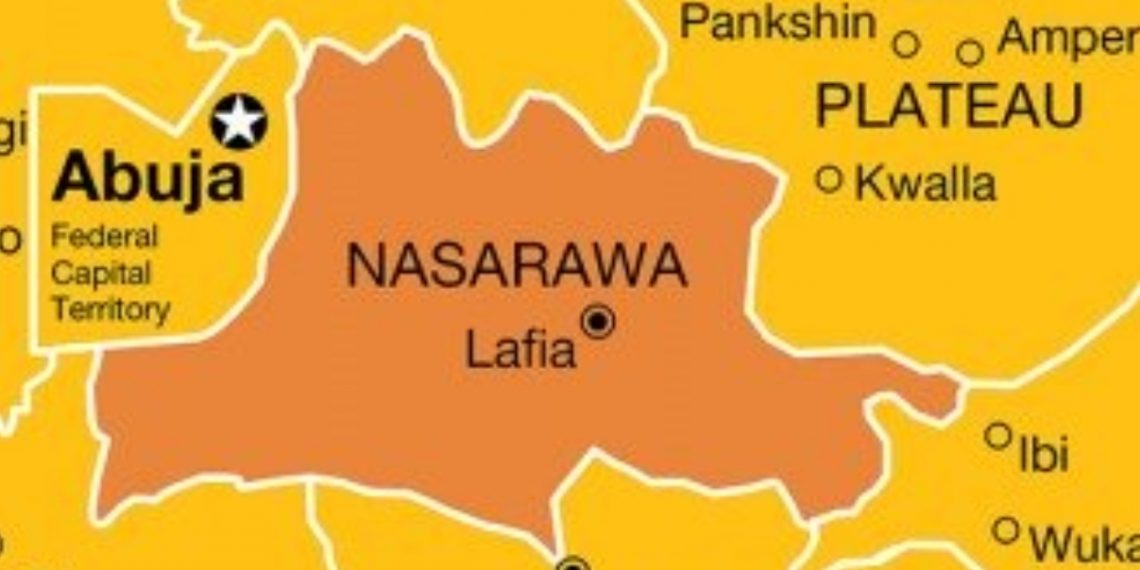Nasarawa State Commissioner for Finance, Budget and Planning, Haruna Adamu Ogbole, yesterday disclosed that the state was currently indebted to over N50 billion.
This is even as the state government said it would borrow about N14.46 billion to finance the state’s 2021 budget deficit.
Ogbole stated this while fielding questions from journalists during the 2021 budget breakdown at the state ministry of finance headquarters in Lafia, the state capital.
He explained that the state has commenced repayment of the debt gradually and that it would be liquidated in five years.
“The state is currently indebted to the tune of over N50 billion, and we have started payment gradually because we have a frame work for that,” Ogbole said.
The finance commissioner explained that in attempt to service the debt, governor Abdullahi Sule had set up a domestic arrears committee under the state fiscal transparency accountability and sustainability programme to verify the debts and liabilities profile of the state and how to clear it.
He further disclosed that N7.64 billion has been set aside in the 2021 budget to commence the repayment of the debt which spread across five years.
He stated that the state had received between six and seven billion Naira as foreign grants in 2020.
This was even as Ogbole continued that the state government has allocated the sum of N7.01 billion to the Consolidated Revenue Fund Charges in the 2021 budget for debt servicing and gratuity. He said: “Accordingly, the budget, as assented by His Excellency, is to be funded from the following anticipated revenue sources: Statutory Revenue Allocation of N37 billion, Value Added Tax of N15.0 billion, Exchange Gain of N2.1 billion and Special Allocation of N3 billion.
“Internal Generated Revenue of N26.4 billion, Aid and Grants of N16.2 billion and Deficit Financing (Borrowing) of N14.4 billion, basically from CARES, Local Loan, NEWMAP, and ANRiN projects.”
Ogbole concluded that in the sectoral allocation of the 2021 budget, the social sector has the highest allocation of N59.3 billion, followed by the economic sector with N34.9 billion, N18.7 billion allocated to administrative sector, while Law and Justice sector trail behind with N3.8 billion.

